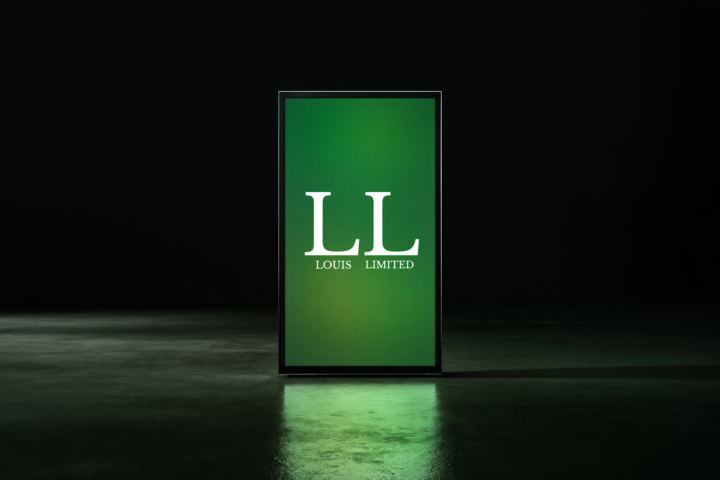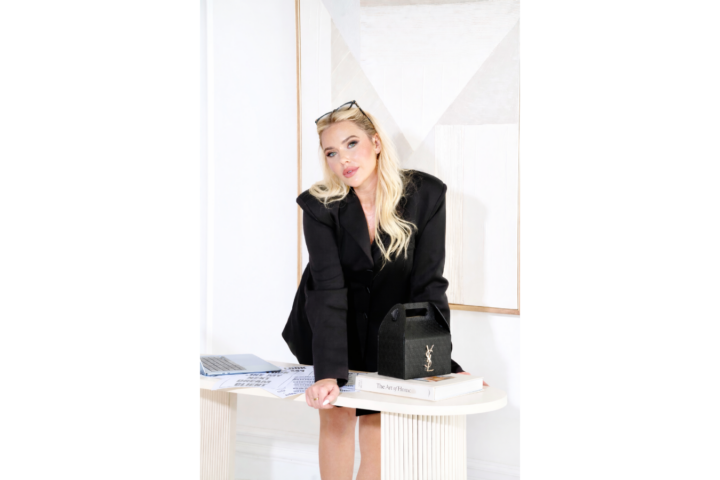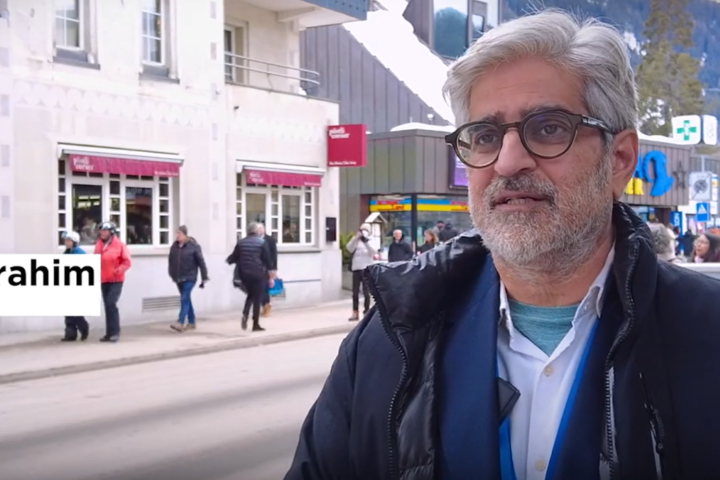The abaya has traveled far from its traditional moorings, finding new expression in the careful hands of Aisha Hossain, who adapts the modest garment into “heirloom-designed” luxury fashion.
Hossain, the founder and creative director of SELHAYA, Britain’s first luxury abaya maison, has carved out an unlikely path in fashion that bridges sacred tradition with contemporary artistic expression. Her approach to design originated from a moment of spiritual clarity during a pre-dawn visit to the Sheikh Zayed Grand Mosque in Abu Dhabi, where she stood alone in the marble courtyard draped in flowing fabric. “I didn’t create Selhaya to impress,” she reflects. “I built it to care.”
The 29-year-old designer brings an unusual background to luxury fashion, having spent years in commercial policy and Westminster’s political circles before launching her maison during Ramadan. Her recognition with a 2025 Global Recognition Award reflects what industry evaluators describe as outstanding achievement across originality, international recognition, cross-cultural impact, innovation, and cultural preservation.
Adapting Traditional Craftsmanship
Hossain’s design philosophy centers on what she terms “sacred limitation”: the idea that creative constraints can become catalysts for innovation. Each SELHAYA collection begins with hand-drawn sketches inspired by a memory, story, or location, which are then implemented into motifs and fabric details. Her recently launched Waves of Light capsule features designs inspired by landscapes from Kyoto to Sabi Sands, with each geographical influence informing specific design elements.
The maison’s commitment to natural materials separates it from an industry increasingly dominated by synthetic fabrics. “We spend so much on face creams, serums, and treatments,” Hossain notes. “But then we wear synthetics on our skin. Why not treat our body with the same respect?” Every robe is crafted from 100 percent pure silk or silk-linen blends, chosen for their thermoregulating properties and gentle touch against skin.
This attention to materiality reflects Hossain’s broader philosophy connecting fashion to wellness. Her recent showcase at London’s Geneviv Clinic in Belgravia positioned SELHAYA robes alongside advanced wellness treatments, emphasizing clothing as an extension of self-care rather than mere aesthetic expression. The approach has resonated with clients seeking what Hossain describes as garments that “support you, not just style you.”
Building Cultural Bridges
International recognition has followed Hossain’s measured approach to growth. Features in Harper’s Bazaar Arabia, British Vogue, and Grazia Middle East have placed her work within the highest echelons of fashion journalism. Her invitation to present at a royal fashion showcase in Abu Dhabi under the patronage of H.H. Sheikha Dr. Shamma bint Mohammed bin Khalid Al Nahyan resulted in a certificate of appreciation acknowledging her contribution to cultural preservation through design.
The designer’s educational background further strengthens her approach to luxury fashion. She pursued further studies in luxury brand management at Università Bocconi and sustainable fashion practices at Central Saint Martins. These have informed SELHAYA’s capsule-based production model, which emphasizes limited collections over seasonal drops.
Hossain’s cross-cultural impact extends beyond fashion into identity and feminine empowerment conversations. Her work addresses what she identifies as a significant gap in the luxury market: the absence of high-end options for women who choose modesty without compromising elegance. “There are so many Muslim women like me,” she explains. “We want to dress elegantly but not always loudly. And we’re tired of having to layer, tailor, or second-guess every purchase”.
Legacy Through Intentional Design
SELHAYA’s business model reflects Hossain’s commitment to sustainable luxury. The company operates on a registry system where clients express interest before purchasing, eliminating overproduction while encouraging intentional ownership. From its first sale, five percent of proceeds have been directed to orphan care globally, a practice Hossain describes as “Barakah, not bulk,” referring to spiritual abundance earned through thoughtful intention.
Each piece arrives with collector cards and custom packaging, placing the garments as heirloom items rather than seasonal fashion. The Yaqeen Collection, limited to nine robes and released on the ninth day of Dhul Hijjah, exemplifies this approach, meticulously crafted pieces designed to mark significant moments and carry memory across generations.
The recognition from the Global Recognition Awards, evaluated through strict Rasch model analysis, validates Hossain’s position among what evaluators term “influential cultural innovators in fashion”. Her work shows how traditional constraints can become foundations for contemporary artistic expression, creating what she envisions as “clothing that comforts, honors, and stays” in an industry often defined by its impermanence.








